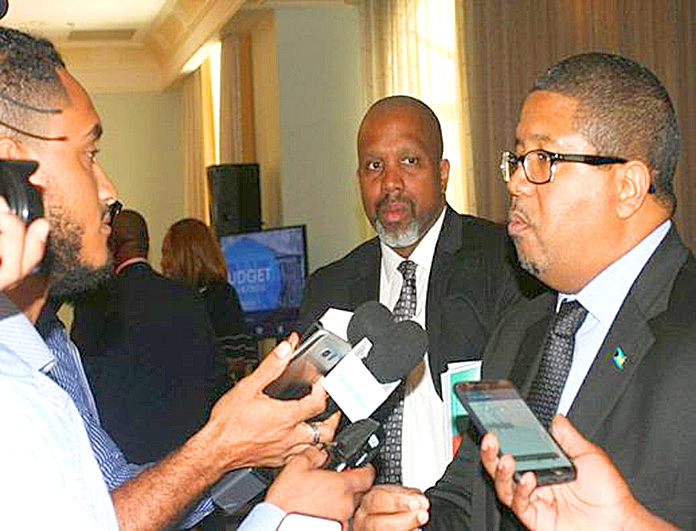
By Sharon Turner
According to Me – Sharon T
When the government delivered its 2018/2019 Budget Communication, the nation was told we are now in a new era of accountability and transparency in fiscal management. The foundation of accountability and transparency is consultation. But, the nation’s key stakeholders (not to mention the country at large) were not forewarned or consulted about the announced increase in VAT from 7.5% to 12%.
The government’s failure to consult with the very sector that makes it possible for the majority of VAT revenue to be collected in the first place, shows a stunning degree of negligence in ensuring that the plans announced to meet new fiscal rules and financial commitments can actually have the best chance possible of succeeding.
The private sector collects the lion’s share of VAT for the government. Therefore, it was critical for the government to have consulted with the business community prior to its decisions on VAT, to ascertain the sector’s abilities to weather the increase and its compliance needs for that increase. How does the government expect for the private sector to be ready for full compliance with a now more complicated VAT tax structure in 30 days? The breadbasket item change alone is going to be quite a pricing and compliance predicament nationwide no doubt. If VAT underperforms, the government’s budget estimates are at risk of faltering.
One of the key reasons VAT performed to the satisfaction of the IMF and government officials anxious for additional tax dollars was that the structure had no exemptions, which made pricing and tax compliance less complicated. This is also the reason the rate remained comfortably at 7.5%, with the IMF and others warning that exemptions within our VAT structure would result in a rate increase. So said, so done.
Now stakeholders are calling on the government to meet with them to consult on what should have been addressed before this revenue measure and its effective date of July 1, were determined.
We also have not been provided a report on the government’s research and analysis that lead it to determine that the economy could function successfully under this abrupt and sharp increase to the VAT rate. How did the government create forecast models about VAT’s economic impact without having met with the business community? And without knowing how the sector might respond stemming from such discussions, how did the government also determine that the impact would not be even more undue hardship for the Bahamian people?
With so much riding on the success of the 2018/2019 Budget objectives, it is incredible that the government believed it could cross Bay Street into Parliament, announce such a critical change, and think it could meet its announced fiscal objectives with no prior consultation.
If this is the government’s idea of a new era of accountability and transparency, we could be in for even more trying times ahead.







